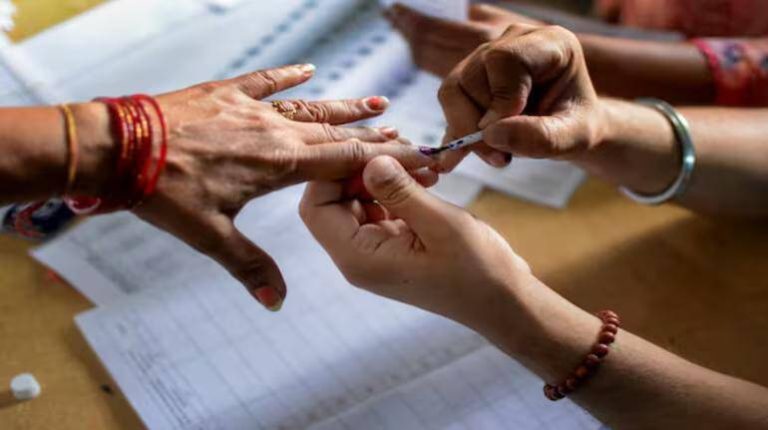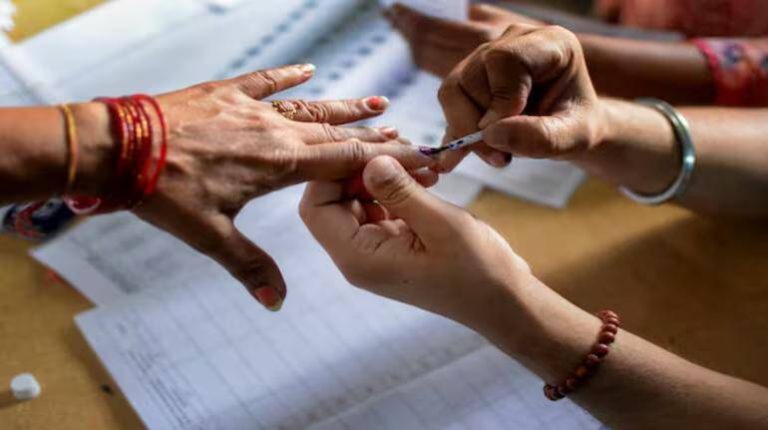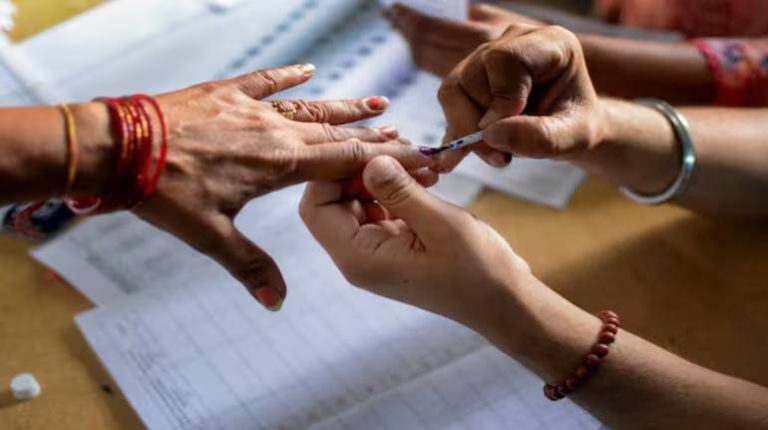
Jailed Sri Lankan woman found with Indian voter ID in TN
In a shocking revelation, a jailed Sri Lankan woman with alleged links to the Liberation Tigers of Tamil Eelam (LTTE) was found in possession of an active Indian voter ID in Tamil Nadu. The woman, who has been in jail since 2022, was arrested during a bank fraud investigation. However, what has raised eyebrows is the discovery of not just a voter ID, but also an active PAN card, an Aadhaar card, and an Indian passport in her possession.
The incident has sparked a probe into how a foreign national, particularly one with alleged links to a banned terrorist organization, was able to obtain such sensitive Indian documents. The LTTE, which was banned in India in 1992, was a separatist militant organization that operated in Sri Lanka and was responsible for numerous violent attacks, including the assassination of former Indian Prime Minister Rajiv Gandhi.
The jailed Sri Lankan woman’s possession of an Indian voter ID has raised serious concerns about the country’s electoral system and the potential for foreign interference in Indian elections. The voter ID, also known as an Elector’s Photo Identity Card (EPIC), is a critical document that allows Indian citizens to cast their votes in elections. The fact that a foreign national, with alleged links to a terrorist organization, was able to obtain such a document has sparked fears about the integrity of India’s electoral process.
The discovery of an active PAN card, Aadhaar card, and Indian passport in the woman’s possession has also raised questions about the ease with which foreign nationals can obtain Indian documents. The PAN card, which is required for various financial transactions, including opening a bank account and filing tax returns, is a critical document that can be used to access various financial services. The Aadhaar card, which is a unique identification number issued to Indian residents, is also a critical document that can be used to access various government services.
The Indian passport, which is a highly secure document, is issued to Indian citizens and allows them to travel abroad. The fact that a foreign national, with alleged links to a terrorist organization, was able to obtain an Indian passport has sparked serious concerns about the country’s national security.
The investigation into the jailed Sri Lankan woman’s possession of Indian documents has been launched by the Tamil Nadu police, in collaboration with central agencies. The probe is expected to reveal how the woman was able to obtain such sensitive documents and whether there were any Indian nationals involved in helping her obtain these documents.
The incident has also sparked a debate about the need for more stringent verification processes for obtaining Indian documents. While the Indian government has introduced various measures to prevent fake identities and documents, including the use of biometric data and online verification systems, the incident highlights the need for more robust systems to prevent foreign nationals from obtaining Indian documents.
In recent years, there have been several instances of foreign nationals obtaining Indian documents, including voter IDs and passports. In 2019, it was reported that several Pakistani nationals had obtained Indian passports and voter IDs, sparking concerns about the country’s national security. The incident highlights the need for more effective systems to prevent such instances and to ensure that Indian documents are not issued to foreign nationals.
The incident has also sparked concerns about the potential for foreign interference in Indian elections. The use of fake identities and documents can be used to influence the outcome of elections, and the incident highlights the need for more robust systems to prevent such interference.
In conclusion, the discovery of a jailed Sri Lankan woman with alleged links to the LTTE in possession of an active Indian voter ID, PAN card, Aadhaar card, and Indian passport has sparked a probe into how a foreign national was able to obtain such sensitive Indian documents. The incident highlights the need for more stringent verification processes for obtaining Indian documents and the need for more robust systems to prevent foreign interference in Indian elections.





